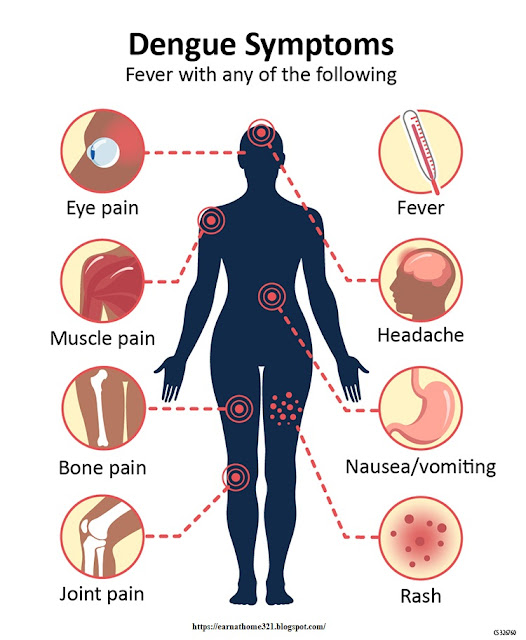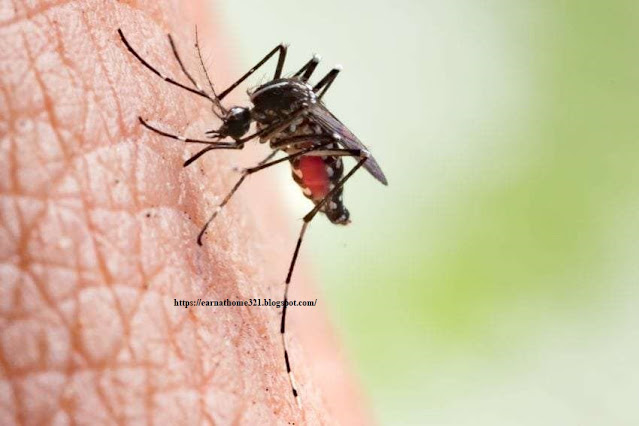Symptoms of Dengue Fever
Dengue Symptoms
The signs and symptoms of dengue fever typically develop between 3 and 14 days after being bitten by an infected person Classic mosquito symptoms include fever, headache, and pain behind the eyes; muscle and joint pain; the source of dengue fever disappearance Breakbone fever symptoms include extreme fatigue, a rash that appears between the second and fifth day of fever, a tendency to bleed from the skin or nose, bloody stools or heavy menstrual bleeding, nausea and vomiting, and respiratory symptoms such as cough, pain in the throat, or stuffy nose, which usually last three to seven days after the fever subsides. Any of the following are warning signs that may signal the development of extreme dengue fever, often called dengue hemorrhagic fever or dHF: stomach distress or relish, laboured retching, dormancy or irritability gum drainage or nosebleeds are examples of mucosal drainage. x-ray or ultrasound evidence of liver enlargement or fluid accumulation in the lungs or abdomen Dengue hemorrhagic fever Dengue hemorrhagic fever, or dHF, is the most severe form of dengue infection VHF is a clinical syndrome defined by four key features increased permeability of blood vessels, leading to leakage of plasma into surrounding tissues and a lack of plasma in the bloodstream, which makes the blood more concentrated low platelet count, fever lasting two to seven days, and a proclivity for severe or hemorrhagic bleeding Heavy bleeding or bleeding is not the most dangerous symptom of DHF. A life-threatening problem is the leakage of the liquid part of the blood or plasma into the surrounding tissue of the blood vessel.
When this happens, not only can dangerous pockets of fluid accumulate where they should not, such as the lungs or abdomen, but also there is not enough fluid left in the blood vessels for the blood to circulate properly This inability to circulate the blood properly is called shock shock . It is life-threatening and can lead to metabolic problems and organ failure Treatment of shock requires hospitalisation in an intensive care unit (ICU) for thorough control and organisation of a drug that increases the circulatory tension to a typical range The terms dengue shock disorder, or DSS, are used when an infected person has undergone a shock diagnosis If you get sick after travelling to a tropical area, inform your doctor of this fact to evaluate the possibility that your symptoms were caused by treatment for dengue infection. As with most treatment options for dengue viruses, only her symptoms will be managed with pain medication that does not worsen the bleeding, can be given intravenously, or IV fluids can be given to prevent shock, but requires frequent blood draws and other tests to ensure that intravenous fluids are not causing a person Dengue vaccine The first dengue vaccine was made available in Mexico in December 2015 This live vaccine, which covers all subtypes of dengue, is given to people aged 9 up to 45 years because it has been shown that a three-dose series against fever SIA will prevent about 59% of dengue fever.








0 Comments